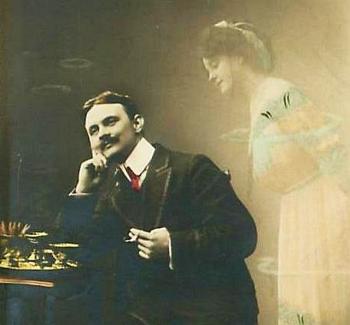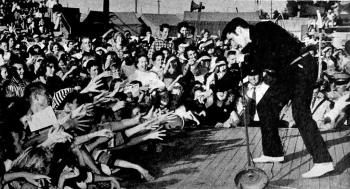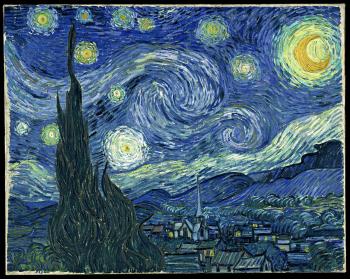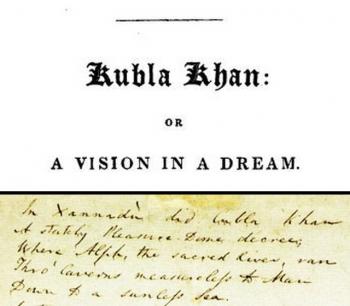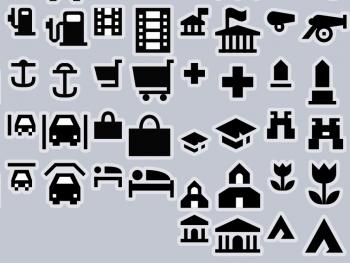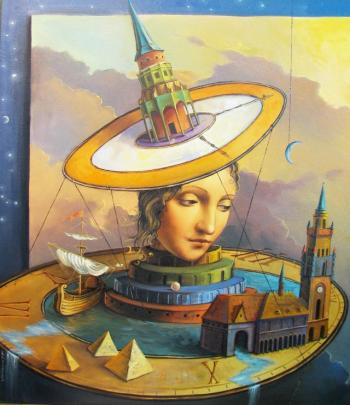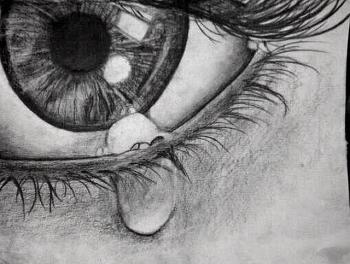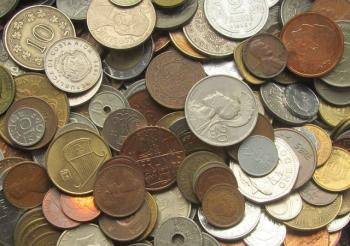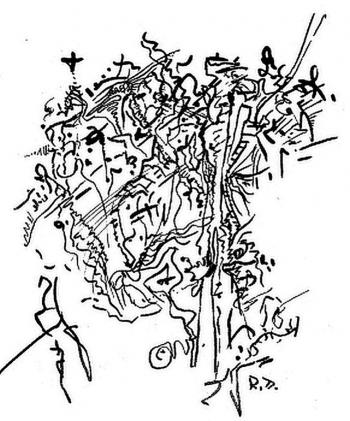Users Who Spiked
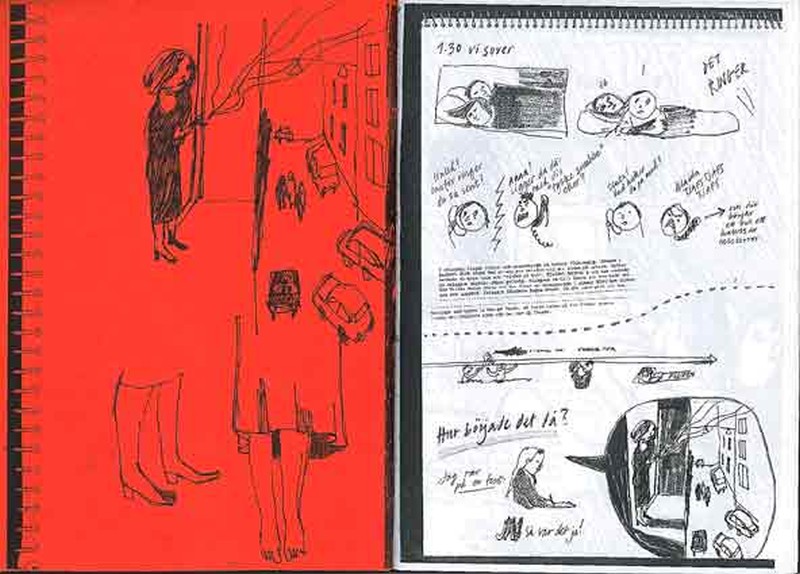
KEEPING A NOTEBOOK
Private Notes
Private Notes
Notes
Keeping A Notebook
Where do you get your ideas?
An artist needs a number of ideas before settling on one or two that she or he will concentrate on. But to begin, there need to be several ideas to choose from. So where do these come from?
I have one simple solution that has worked for me all my life. I keep a notebook. And there are no rules about what I can put into that notebook.
I like one that is smallish, perhaps 9 inches by 6 inches with about 100 or more pages. I also like one with a couple of dividers as I can use the dividers to organize the info.
I take my notebook everywhere. The ones I use today have a wire spiral binding that I insert my pen or mechanical pencil into. You may prefer to use your smartphone since I am sure there is an app for this. But I find that the physical act of writing down my ideas, the movement of my hand and all that, helps me both remember what I jotted down and also is more sensual and sticks with me better.
So what do I put in this notebook? I might be talking to a friend who says something in an unusual way. So I write down exactly what they said and the way they said it. I often tell people that they have a wonderful "turn of phrase" but most don't seem to notice. In fact, I contend that just about everyone has interesting thoughts and ideas but they don't follow up on them. This is not a criticism as they may not be interested. But you can pursue these things yourself.
Drawings, diagrams, directions, interesting books or websites, people, music -- really anything gets jotted down.
If you do decide to keep a notebook you will be in very good company. Isaac Newton kept a notebook, as did William Blake, Leonardo Da Vinci, and Franz Kafka. And if you go on commons.wikimedia.org you can look at pages from these notebooks which might even give you ideas for your own.
Just go to:
Category:Notebooks
https://commons.wikimedia.org/wiki/Category:Notebooks
I fill up a notebook about every six months or so. I then take a large black Sharpie pen and write the dates of the notebook, from the starting date to the last entry date. Then I put it on a shelf.
So what have you gained if you do keep a notebook? Let me digress for a minute.
I took a playwriting course in college and my teacher often told us that the first page of a play, when you put the paper in the typewriter (yes it was a while back), was the blankest piece of paper you will ever see. You want to start but how?
I, of course, knew what he was talking about as did all the other students. But I had my secret weapon -- my notebook.
I had a few ideas for a play, but I did not like any of them. Yet I let those ideas roll around in my head and when one thought seemed to jump out a bit, I would write it down in my notebook. I believe that if you want to start you have to get started.
And then one thought led to another and then to another, kind of like priming a pump. I began to see scenes in the play, visualized the characters, heard their way of talking, and imagined their movements.
Soon I had quite a few ideas but instead of a tragedy, I found, to my surprise, I was writing a comedy. The comedy allowed me to play with language and also with situations which meant I did not have to be so goal-directed as I would have been in a more serious work.
All of this was unexpected but part of the creative process. So when I faced that blank page a week later, I had some idea of where to start or at least how to take a stab at it.
The longer you keep a notebook, the more ideas you will have to fall back on. Keeping a notebook is almost an effortless way to point yourself in an artistic direction. The only real effort is that you have to take the time to write things down during the hustle and bustle of daily life.
I believe a notebook allows you to have a kind of artistic idea depository, so to speak. You will probably only use 10% of your ideas, but the more things you write down or draw or diagram, the more you have to choose from. And often just going through your notebooks can get you started on a new idea, as working with your notebook and reading your old notes can "put you in the mood."
In a variation on this idea, I knew a sculptor who liked to make sculptures out of mechanical parts, His sculptures looked like figures but the components he put together were gears and rods and nuts and bolts. One afternoon, he gave me the grand tour of his studio and everywhere I looked I saw a pile of stuff from a junkyard. Then I looked at his finished objects and I began to see how he had come up with just the right combination of parts for that particular sculpture.
In a sense, his piles of mechanic parts were his notebooks. Whenever he saw some interesting metal gizmo at a junkyard he would grab it, but often he would have no idea how he would use it.
To invent, you need a good imagination and a pile of junk.
Thomas Edison
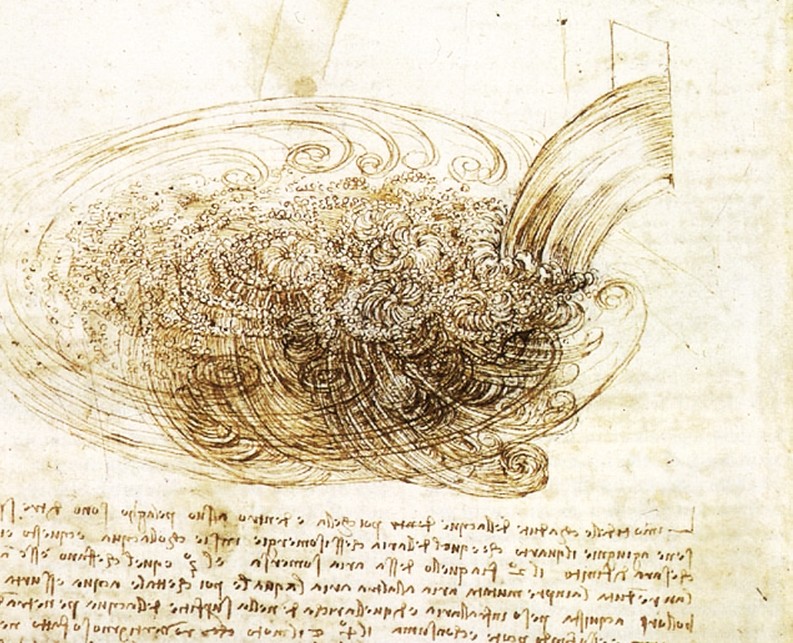 From a notebook (called a Codex at the time) of Leonardo Da Vinci.
From a notebook (called a Codex at the time) of Leonardo Da Vinci.



















